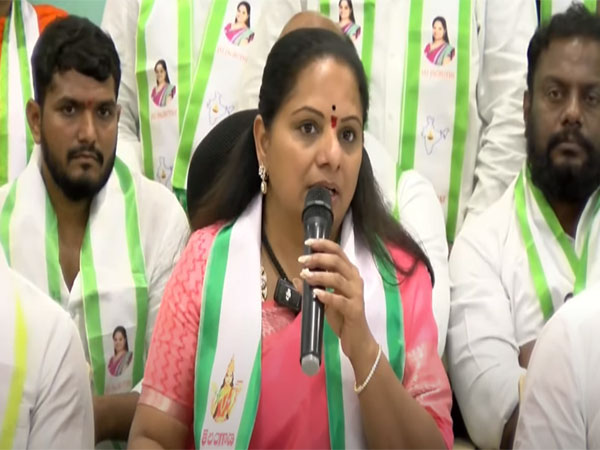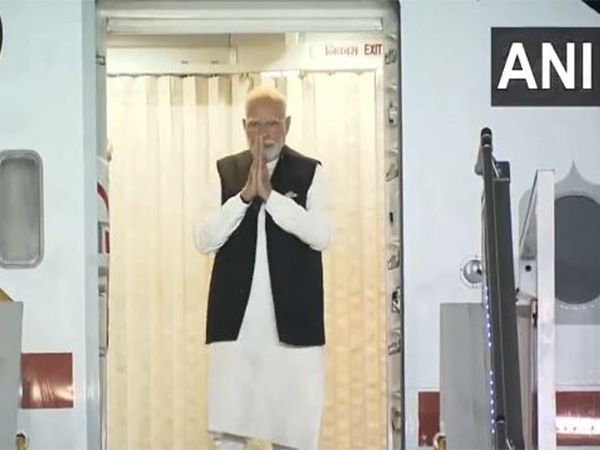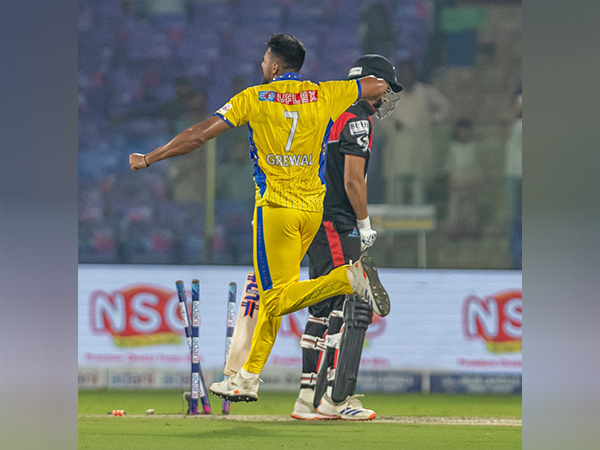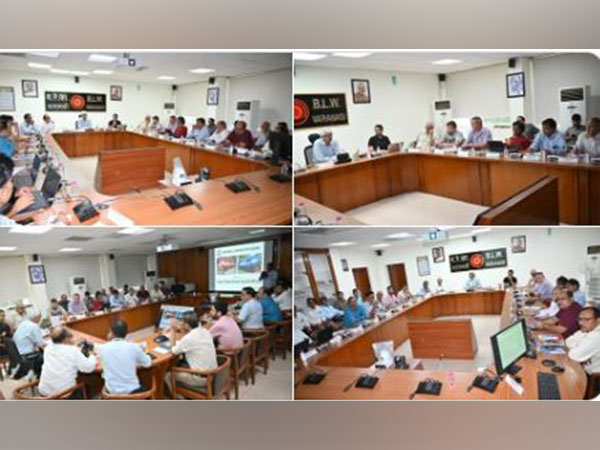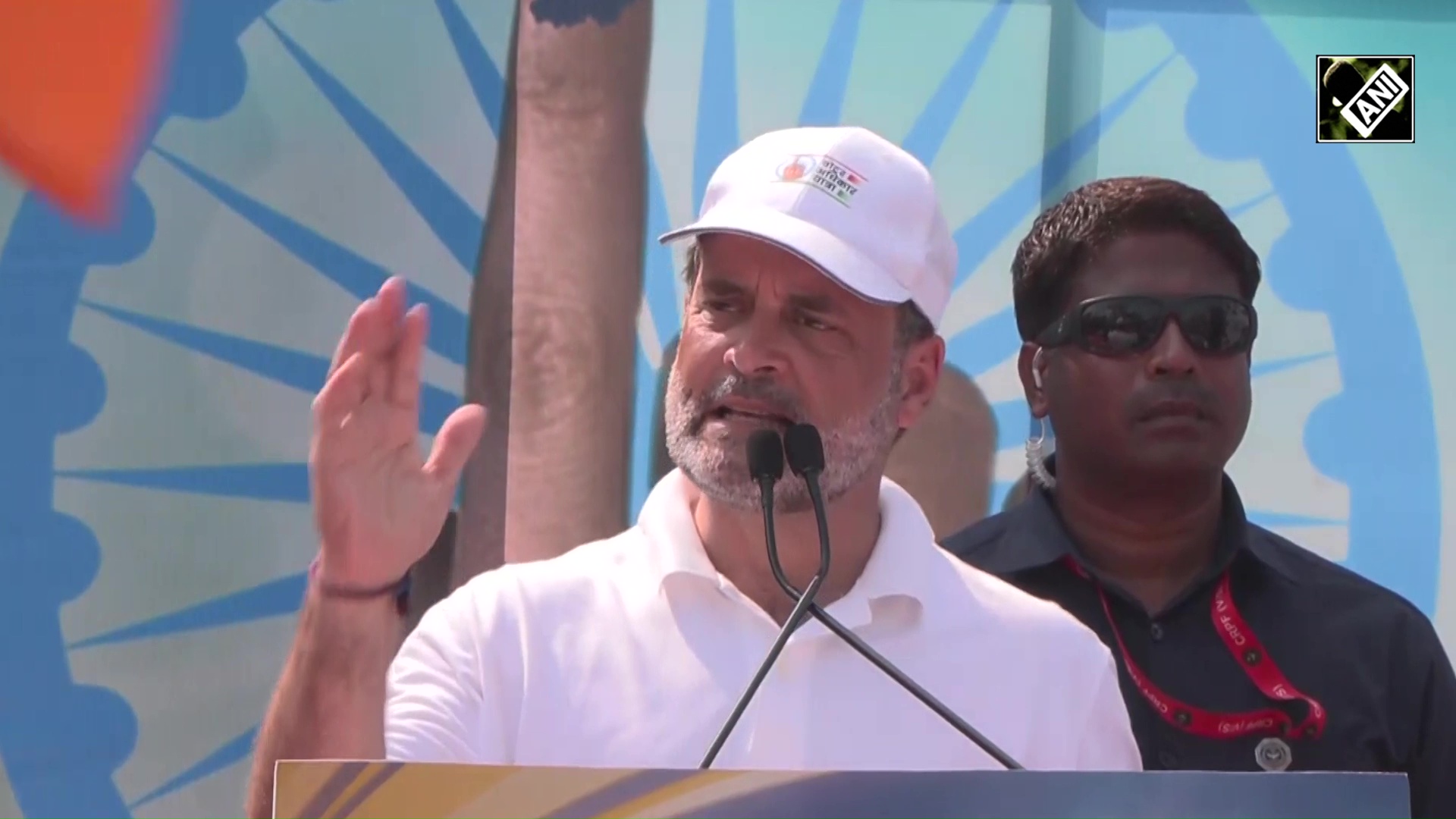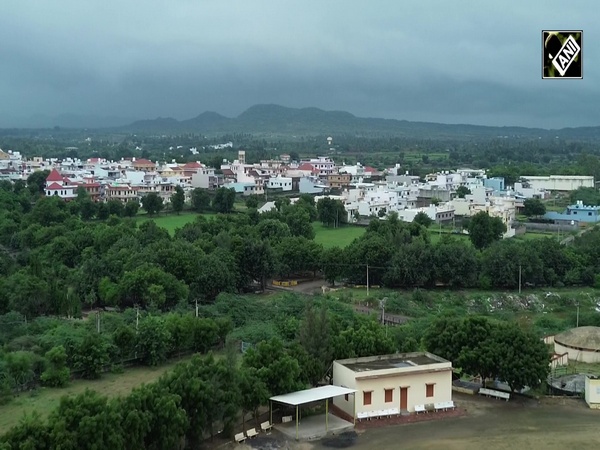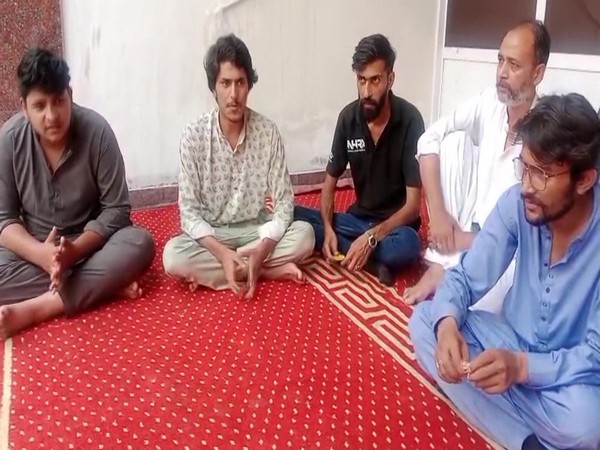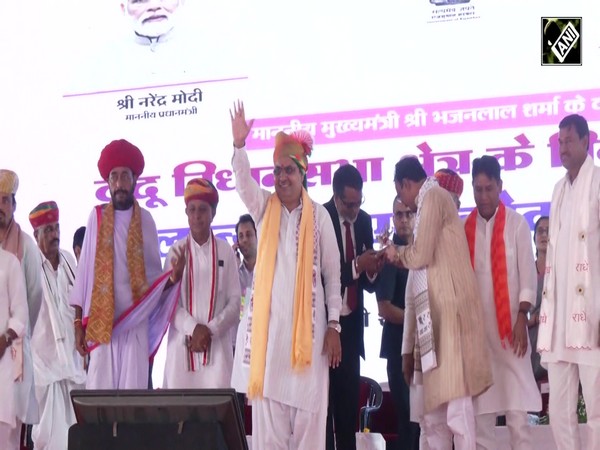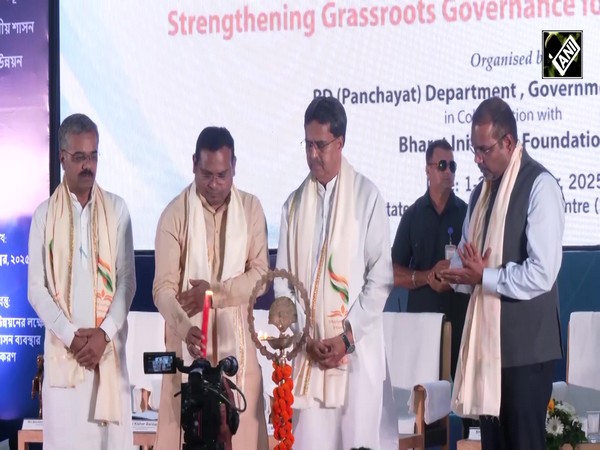SC notice to Centre on plea against law that requires even those acquitted to execute bail bond, furnish sureties
Nov 06, 2023

New Delhi [India], November 6 : The Supreme Court on Monday sought the Centre's response to a petition challenging the constitutional validity of a criminal law that requires even an acquitted person to execute a bail bond and furnish sureties before release from jail.
The provision Section 437A of the Criminal Procedure Code (CrPC), requires a person who has been acquitted to furnish a bail bond and sureties, valid for a period of six months, to be able to be released from custody. This is done to ensure he or she is available if the state prefers an appeal against the acquittal.
A bench of Chief Justice of India (CJI) DY Chandrachud and Justices JB Pardiwala and Manoj Misra asked the Central government to file a reply to the plea.
The petition was filed by an advocate, Ajay Verma. According to the petition, an acquitted person who is not in a position to procure sureties, in spite of his acquittal, would continue to suffer incarceration. He sought to remove the provisions for violating their fundamental rights guaranteed under Article 21 of the Constitution of India.
He sought the release of the persons behind bars even after acquittal due to section 437-A of CrPC.
The main contention of the Petitioner was that as per section 437-A of the Code of Criminal Procedure, 1973, the Trial Court Judge is required to obtain security from the accused in order to ensure his appearance before the Appellate Court if the State chooses to appeal.
He submitted that the time frame for providing this surety is from before the judgment is passed and as per the language of the section on the trial court many times ask for such a bond even before the pronouncement of judgment.
"This mechanism is bringing discrimination against the poor and the financially viable accused since the financially viable accused can easily get the sureties but the poor accused has to languish in jail in failure to get the appropriate sureties and even if the judgment of acquittal has been passed by the Trial Court. Another concern is that Trial Court Judges in such cases hesitate in passing judgments as the accused would go free once acquitted mandate of section 354(1)(d) of CrPC and hence increasing the pendency of cases," he submitted.
He submitted that he has come across numerous cases wherein the accused has been acquitted by the Trial Court but is kept in jail, until he/she brings surety as required by section 437-A of CrPC or the State decides to not appeal which can be as much as 6 months.
"It is submitted that as per section 354(1)(d) of CrPC, the accused on acquittal must be set free forthwith. That, there is an apparent contradiction in these two above-mentioned provisions. It is further submitted that this is a grave breach and violation of Article 21 of the Constitution," read the petition.
